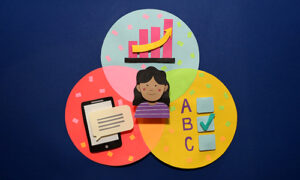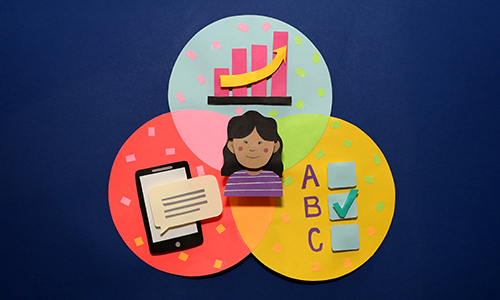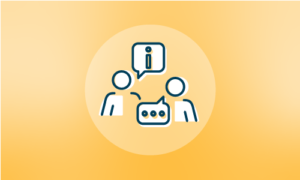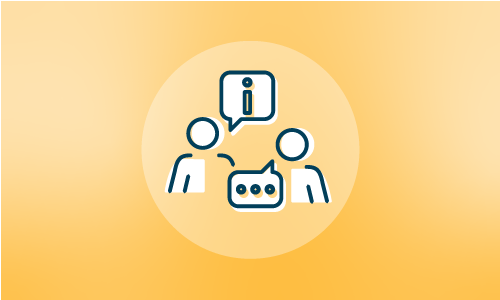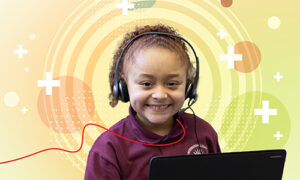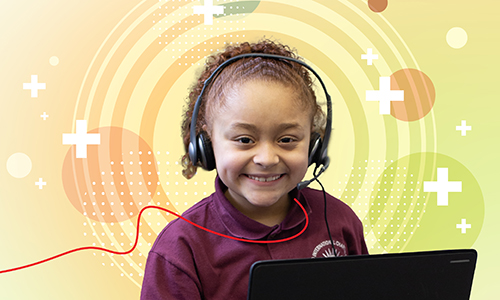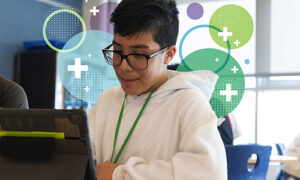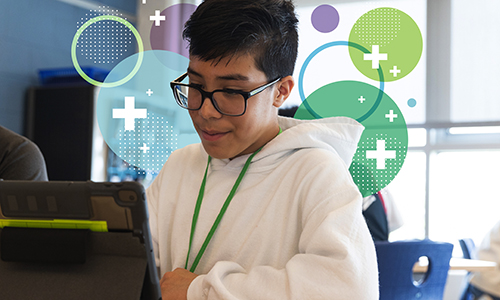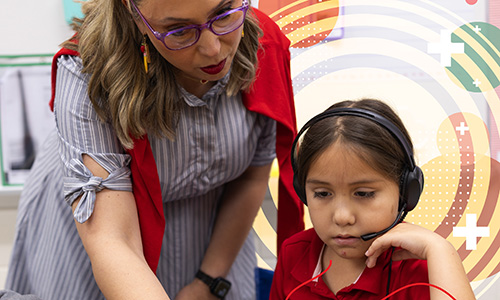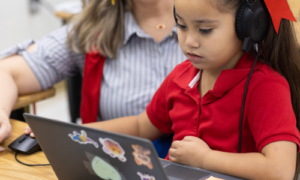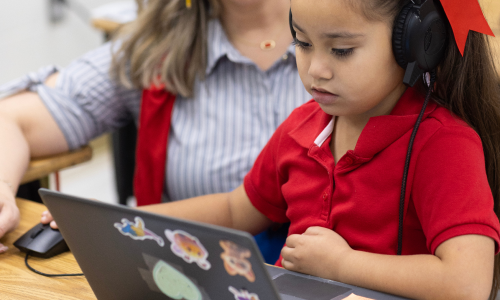5 ways to improve early literacy
with professional learning
Effective early-literacy education involves managing a host of new skill sets for students: language comprehension, decoding, fluency, and reading comprehension. All that, while also trying to achieve grade-level standards with students who can be apprehensive and need extra attention, care, and instruction as they learn a critical new skill set.
Whether via learning experiences like workshops or professional learning communities (PLCs), professional development can help educators better understand the data about their early readers, build an effective formative assessment practice, and get students excited about reading. Here are five ways that professional learning can increase instructional effectiveness in early literacy.
View briefTopics: Literacy
Products: Professional Learning
